Utah Bill Offers a Glimpse into Medical Cannabis Discrimination
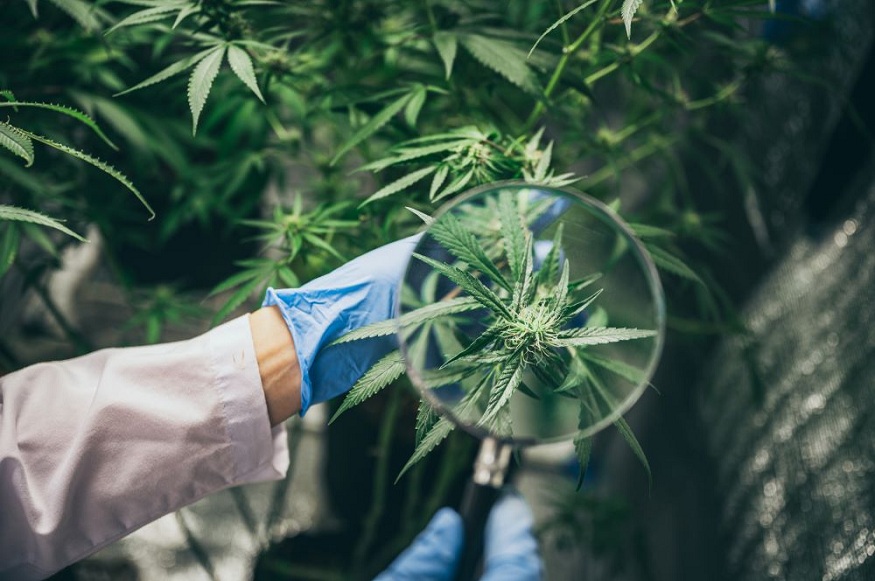
Utah lawmakers passed a bill back in 2022 making it illegal for most public employers to discriminate against medical cannabis users. Surprisingly, at the time of this writing, lawmakers embroiled in the 2024 legislative session are considering yet another bill targeting a lack of compliance with the 2022 law. The bill offers a glimpse into medical cannabis discrimination at the employer level.
This new bill, introduced in the state senate as SB233 does not add any new protections to medical cannabis users per se. Rather, it gives teeth to the 2022 law. That is what makes all of this so interesting. The fact that the bill is even necessary tells us everything we need to know about government accountability.
A Toothless Law
The operators of the Zion Medicinal medical cannabis dispensary in Cedar City explain that the 2022 legislation was the direct result of a dispute between a Utah firefighter and his employer. The firefighter reported having an active medical cannabis card. In response, his employer sought to take disciplinary action against him.
Utah lawmakers decided such actions were a no-go. They passed legislation forcing public employers to treat medical cannabis as they would any other prescription medication. As long as an employee’s cannabis consumption does not have a negative impact on work performance or create an unsafe environment, public employers must not interfere.
Strangely enough, the 2022 legislation did not include any language relating to enforcement. But why would such language be necessary? Remember that public sector employers are government agencies. Shouldn’t they be following the rules by default? They should, but whether they actually do is a matter of debate.
Withholding State Funds
Senate Minority Leader Luz Escamilla, who also happens to be the sponsor of the bill in the senate, has justified the bill by pointing out the fact that there are currently no consequences for discriminating against medical cannabis patients. Her bill aims to change that by withholding state funding.
If the bill is passed and eventually signed into law, any state agencies that violate anti-discrimination laws in relation to medical cannabis risk losing state appropriations. According to Escamilla, the law is necessary because some local district attorneys are advising agencies that they do not have to adhere to the 2022 legislation.
Why the disagreement? Because cannabis is still illegal under federal law. Some district attorneys feel that state anti-discrimination laws do not supersede federal law, thereby giving public sector employers the legal right to continue enforcing policies against medical cannabis.
Exceptions to the Law Remain
It is important to point out that SB233, and the original 2022 legislation, only apply to public sector employers. Private employers maintain the legal right to establish and enforce their own drug policies. In addition, SB233 doesn’t eliminate the current exceptions to the 2022 legislation.
For example, first responders are still not allowed to use medical cannabis within 12 hours of reporting to work. If first responders are found working under the influence of medical cannabis, they could be subject to disciplinary action.
Additionally, police officers are still not allowed to use medical cannabis in Utah. Under federal law, cannabis users cannot own or possess firearms. It is a line that Utah lawmakers do not want to cross. Therefore, medical cannabis is still off limits to law enforcement.
At the time of this writing, SB233 was still being discussed. Time will tell if it is eventually passed and signed into law. Nonetheless, the bill offers a glimpse into some of the unique aspects of medical cannabis discrimination. It’s not as cut and dried as it seems.

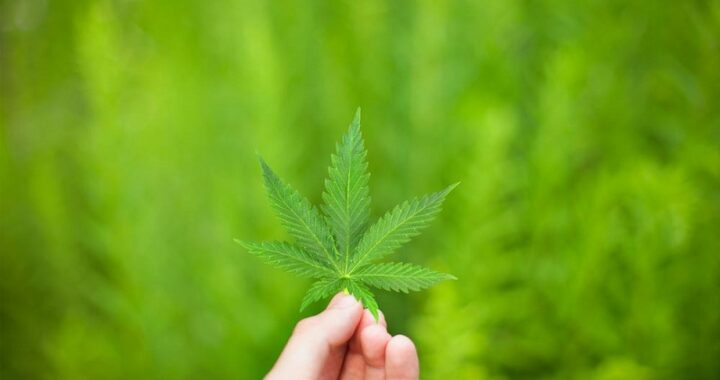 Does State Promotion of Marijuana Use Cross an Ethical Line?
Does State Promotion of Marijuana Use Cross an Ethical Line?  How Does One Calculate the Right Dosage of CBD?
How Does One Calculate the Right Dosage of CBD? 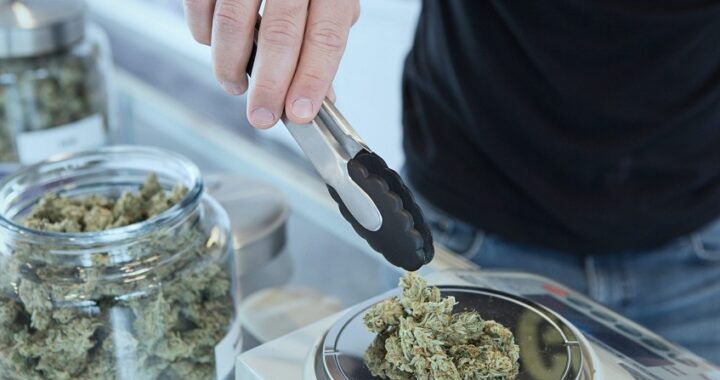 Top Benefits OfHaving A Medical Marijuana Card In Recreational State
Top Benefits OfHaving A Medical Marijuana Card In Recreational State  Can You Get High From THCV and What Are Its Advantages?
Can You Get High From THCV and What Are Its Advantages? 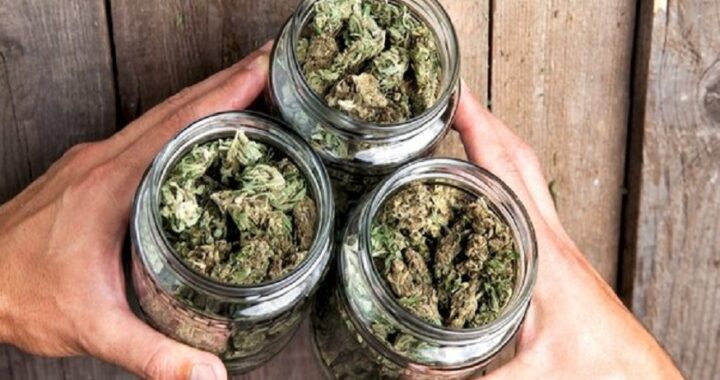 What You Can Expect from concentrated cannabidiol
What You Can Expect from concentrated cannabidiol  The ultimate guide for a newbie before getting started with a bong
The ultimate guide for a newbie before getting started with a bong 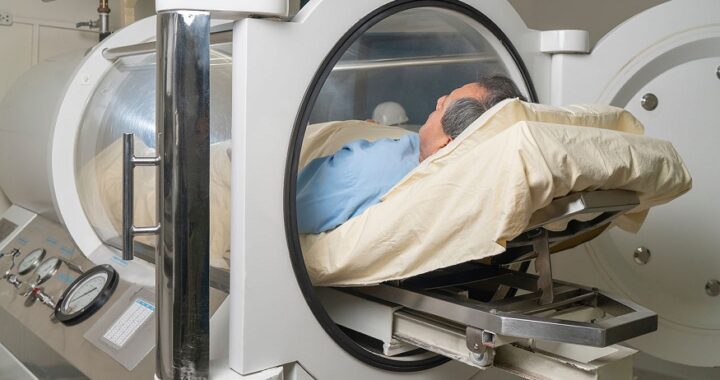 Hyperbaric Oxygen Therapy in Reproductive Medicine
Hyperbaric Oxygen Therapy in Reproductive Medicine  The Aesthetic and Functional Benefits of Compression Gear
The Aesthetic and Functional Benefits of Compression Gear  Types Of Physical Activities You Can Undertake From Today
Types Of Physical Activities You Can Undertake From Today  Why Is Thermage FLX So Expensive in Singapore
Why Is Thermage FLX So Expensive in Singapore